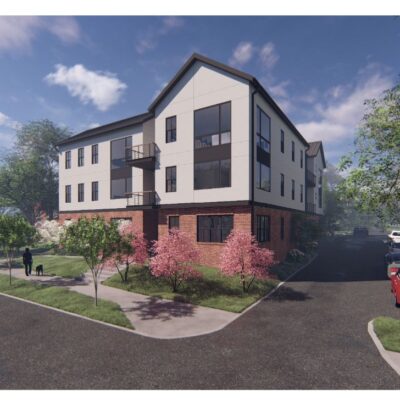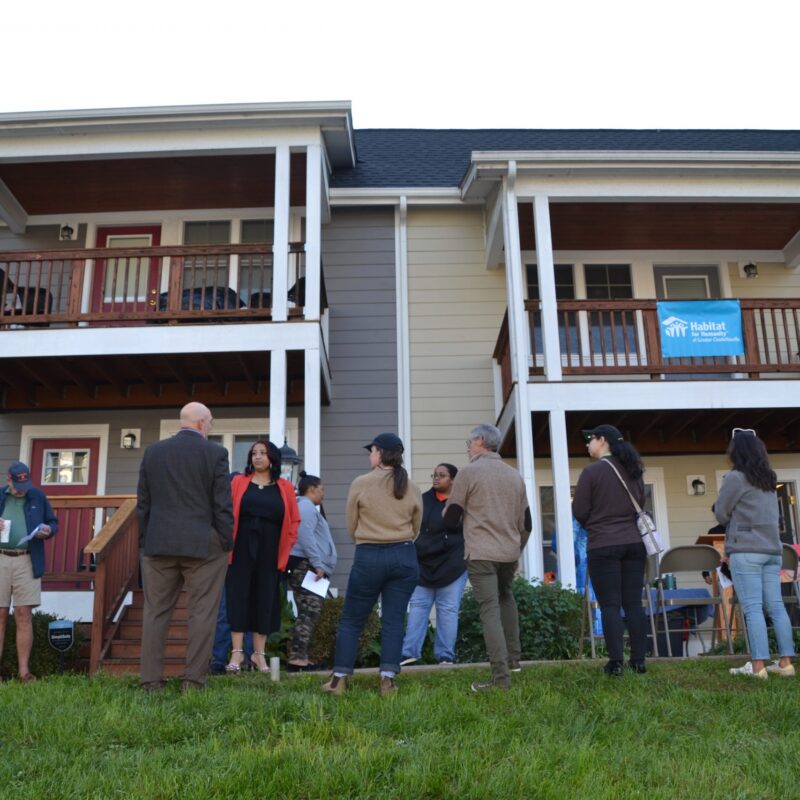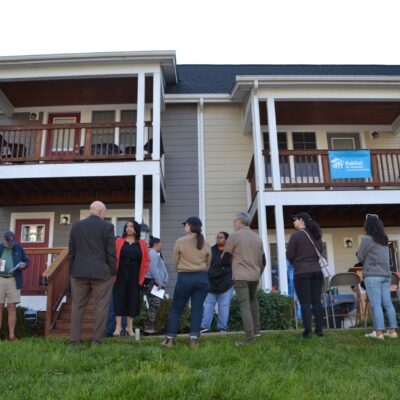Residents in Nelson County seeking mental health care have a lot of obstacles to overcome. “In Nelson County, the mental health facility is located right next to the public health facility, which is located right next to the courthouse, which is located right next to the jail,” says Dr. Emily Hauenstein, director of the Southeastern Rural Mental Health Research Center. She illustrates one of the barriers patients must face is rural areas: privacy.
The Center, based at UVA’s School of Nursing, is at the forefront of mental health research in rural communities and has the highest concentration of rural health professionals in the U.S., according to Hauenstein. In recent years, the Center has conducted research in and around Central Virginia, hoping to relay successes in the area to professionals around the country.
 Emily Hauenstein, director of the Southeastern Rural Mental Health Research Center, says that the center hopes to educate a generation of rural mental health care professionals. |
In some areas, the Center has assisted residents by working to open mental health facilities. In rural Buckingham County, such a facility is now housed in a refurbished trailer behind a primary care facility. According to Elizabeth Merwin, professor of nursing and associate dean for research, this lack of availability is a major problem. Yet Buckingham and Nelson are fortunate enough to have mental health care professionals who serve the area—some counties in the Commonwealth have none.
“There is somewhat of a myth in the rural areas…that if there are no mental health care providers, then the primary care providers will be able to deliver care that’s needed,” says Merwin, adding that rural areas already need assistance funding and staffing primary care facilities.
Poor residents seeking mental health care also face burdensome expenses, according to Merwin. Medicare, for example, will only pay for 50 percent of an outpatient visit to a mental health professional. By contrast, the federal program typically pays for 80 percent of outpatient visits relating to physical health.
For Hauenstein, the stigma toward mental health care in rural communities remains the key obstacle in the Center’s research efforts. “There’s pride in rural communities about how capable they are of managing on their own,” says Hauenstein. “They might not always manage well, but they don’t want to be defined in the mental health perspective.”
C-VILLE welcomes news tips from readers. Send them to news@c-ville.com.





